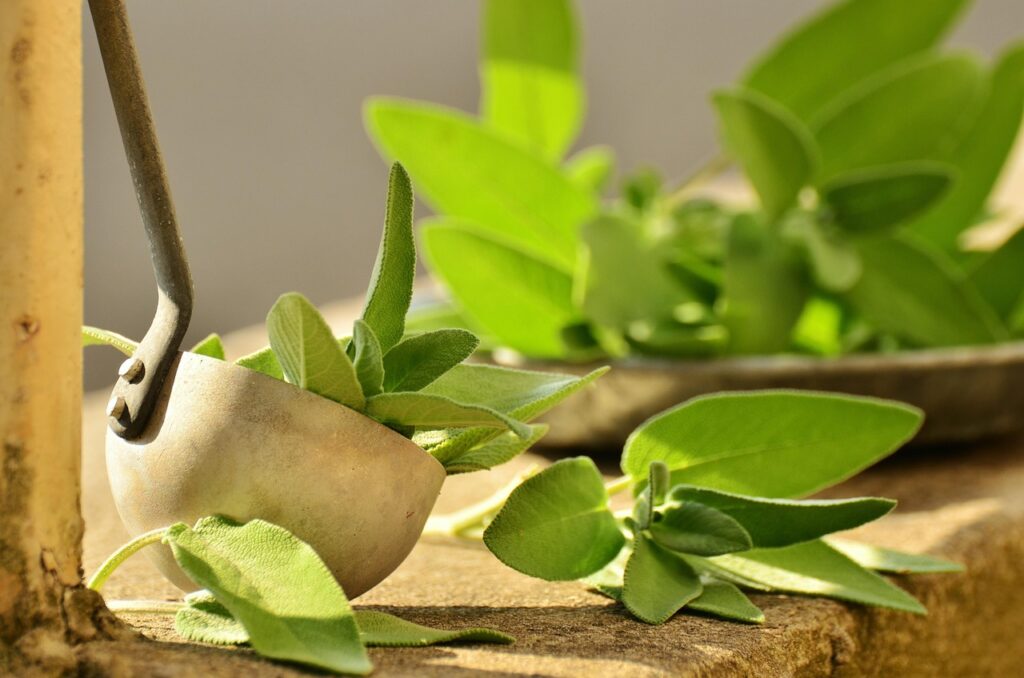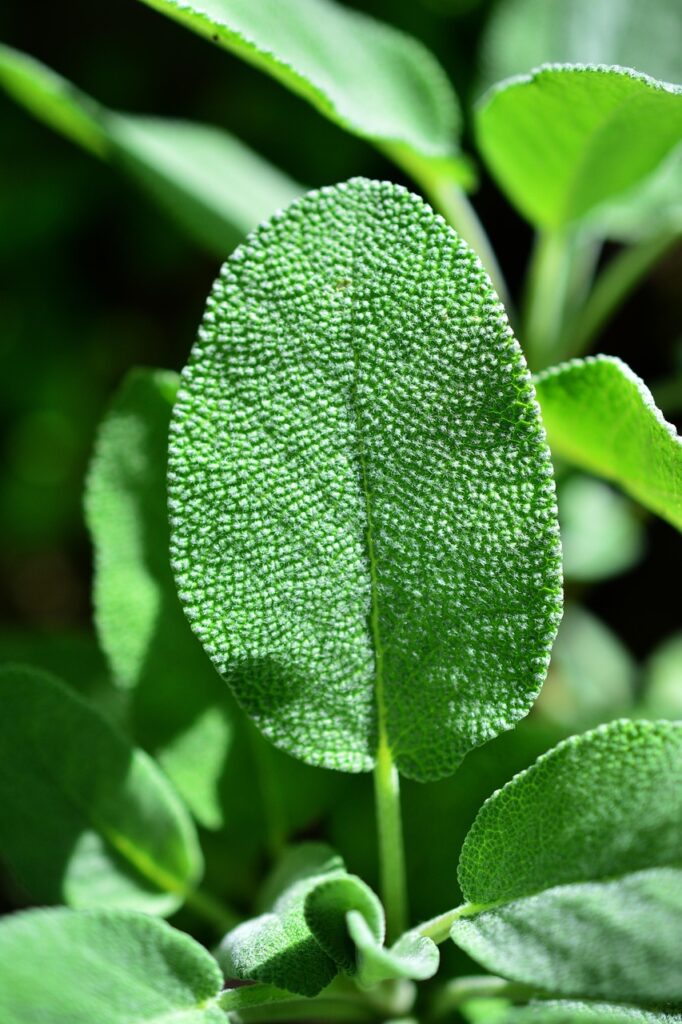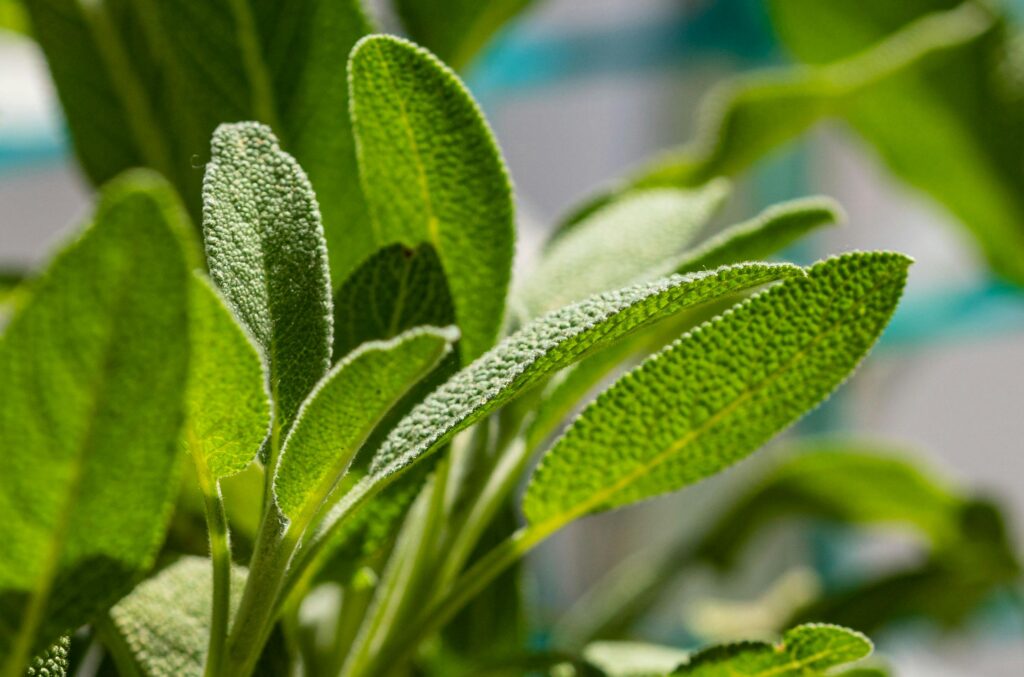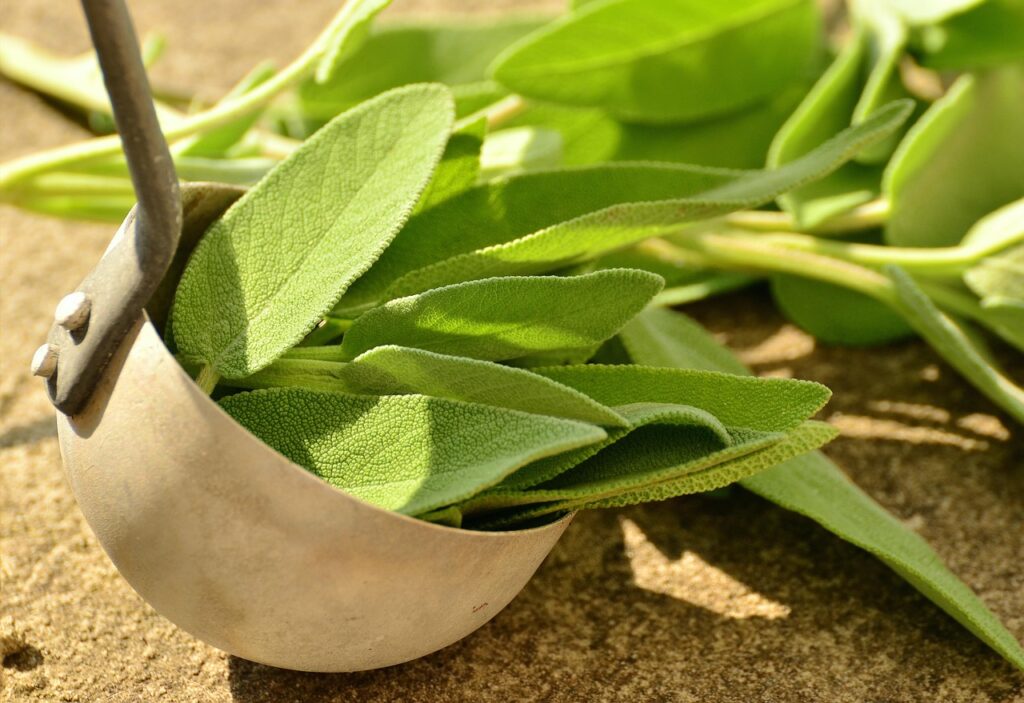Sage tea has been treasured for centuries as both a culinary spice and a medicinal herb. Derived from the leaves of the sage plant (Salvia officinalis), this herbal infusion is packed with antioxidants, vitamins, and plant compounds that support overall health. From easing menopausal symptoms to boosting memory and digestive health, sage tea is a powerful herbal remedy with a wide range of benefits.
In this article, we’ll explore the top benefits of sage tea, how to prepare it, potential side effects, and why this herbal tea deserves a spot in your daily wellness routine.

What is Sage Tea?
Sage is a perennial herb native to the Mediterranean region, known for its silvery-green leaves and distinct aroma. It belongs to the mint family, making it a close relative of other healing herbs like rosemary, thyme, and oregano.
Sage has been used in traditional medicine for centuries, particularly in Europe and Asia. While it’s best known as a kitchen herb, when brewed into tea, it becomes a soothing and therapeutic beverage.
The flavor of sage tea is earthy, slightly peppery, and aromatic, often described as grounding and warming. Beyond its taste, sage tea is rich in compounds that may promote health and wellness.
Nutritional Profile of Sage Tea
Though low in calories, sage tea delivers a variety of nutrients and beneficial compounds:
- Vitamin K – Essential for blood clotting and bone strength.
- Vitamin A – Supports healthy vision and immune function.
- Calcium – Strengthens bones and teeth.
- Iron – Helps transport oxygen throughout the body.
- Magnesium – Important for muscle and nerve function.
- Polyphenols and flavonoids – Potent antioxidants that fight oxidative stress.
One of the most important compounds in sage is rosmarinic acid, known for its anti-inflammatory and antioxidant effects.

Top Health Benefits of Sage Tea
1. Supports Memory and Brain Health
Sage has long been associated with wisdom and memory. Modern research suggests that compounds in sage may help improve cognitive performance, attention, and memory. Studies indicate that sage extracts can enhance mental clarity and may even support brain health in people with Alzheimer’s disease.
2. Eases Menopausal Symptoms
One of the most popular uses of sage tea is for managing hot flashes and night sweats during menopause. Sage contains phytoestrogens—plant-based compounds that mimic estrogen—which may help balance hormones and reduce the intensity of menopausal symptoms.
3. Promotes Digestive Health
Sage tea has mild carminative properties, meaning it helps reduce gas, bloating, and indigestion. It can also stimulate digestive enzymes, supporting overall gut health.
4. Rich in Antioxidants
Packed with polyphenols, sage tea helps combat oxidative stress and inflammation. These antioxidants may reduce the risk of chronic diseases such as heart disease, diabetes, and certain cancers.
5. Supports Oral Health
Sage has natural antimicrobial and astringent properties. Drinking sage tea or using it as a mouth rinse can help reduce oral bacteria, support gum health, and freshen breath.
6. May Help Lower Blood Sugar
Some studies suggest that sage can improve insulin sensitivity and regulate blood sugar levels, making sage tea a potential supportive drink for people managing type 2 diabetes.
7. Strengthens the Immune System
Thanks to its antioxidant and antimicrobial compounds, sage tea may help the body fight infections and strengthen immunity.
How to Make Sage Tea
Ingredients:
- 1 tablespoon fresh sage leaves (or 1 teaspoon dried)
- 1 cup boiling water
- Honey or lemon (optional)
Instructions:
- Place the sage leaves in a cup or teapot.
- Pour boiling water over the leaves.
- Cover and steep for 5–10 minutes.
- Strain and enjoy warm.
- Add honey or lemon for flavor, if desired.
Tip: You can also blend sage with other herbs like peppermint or chamomile for a soothing herbal mix.

Side Effects and Precautions
While sage tea is safe for most people when consumed in moderation, there are a few precautions to keep in mind:
- Pregnancy and breastfeeding: Excessive sage intake is not recommended due to compounds that may affect hormone balance.
- Medication interactions: Sage may interact with medications for diabetes, blood pressure, or sedatives. Consult a healthcare provider if you’re on medication.
- Thujone content: Sage naturally contains thujone, which can be toxic in very high doses. Drinking 1–2 cups of tea daily is considered safe.
Incorporating Sage Tea Into Your Routine
- Enjoy a cup of sage tea in the evening to relax after meals.
- Drink it during menopause to ease hot flashes and night sweats.
- Use cooled sage tea as a natural mouth rinse for oral health.
- Pair it with lemon balm or lavender tea for a calming blend.
Why Sage Tea is a Natural Wellness Choice
Sage tea is much more than a kitchen herb in a cup. It’s a centuries-old remedy for digestion, hormonal balance, brain health, and overall wellness. With its powerful antioxidants and soothing flavor, sage tea makes an excellent addition to any herbal tea collection.

From supporting memory and brain health to easing menopause symptoms and boosting digestion, sage tea offers a wide range of natural health benefits. Low in calories but rich in plant compounds, this herbal infusion is both therapeutic and comforting.
If you’re seeking a natural, evergreen wellness drink, adding sage tea to your daily routine is a wise choice.
Helpful links
- Healthline – Sage: Benefits, Uses, and Side Effects
- WebMD – Sage Overview
- PMC – Salvia officinalis: Pharmacological Properties and Clinical Uses
Disclaimer
The information in this article is for educational purposes only and should not replace medical advice. Always consult with a qualified healthcare professional before adding new herbal remedies to your routine, especially if you are pregnant, breastfeeding, or taking prescription medications.

